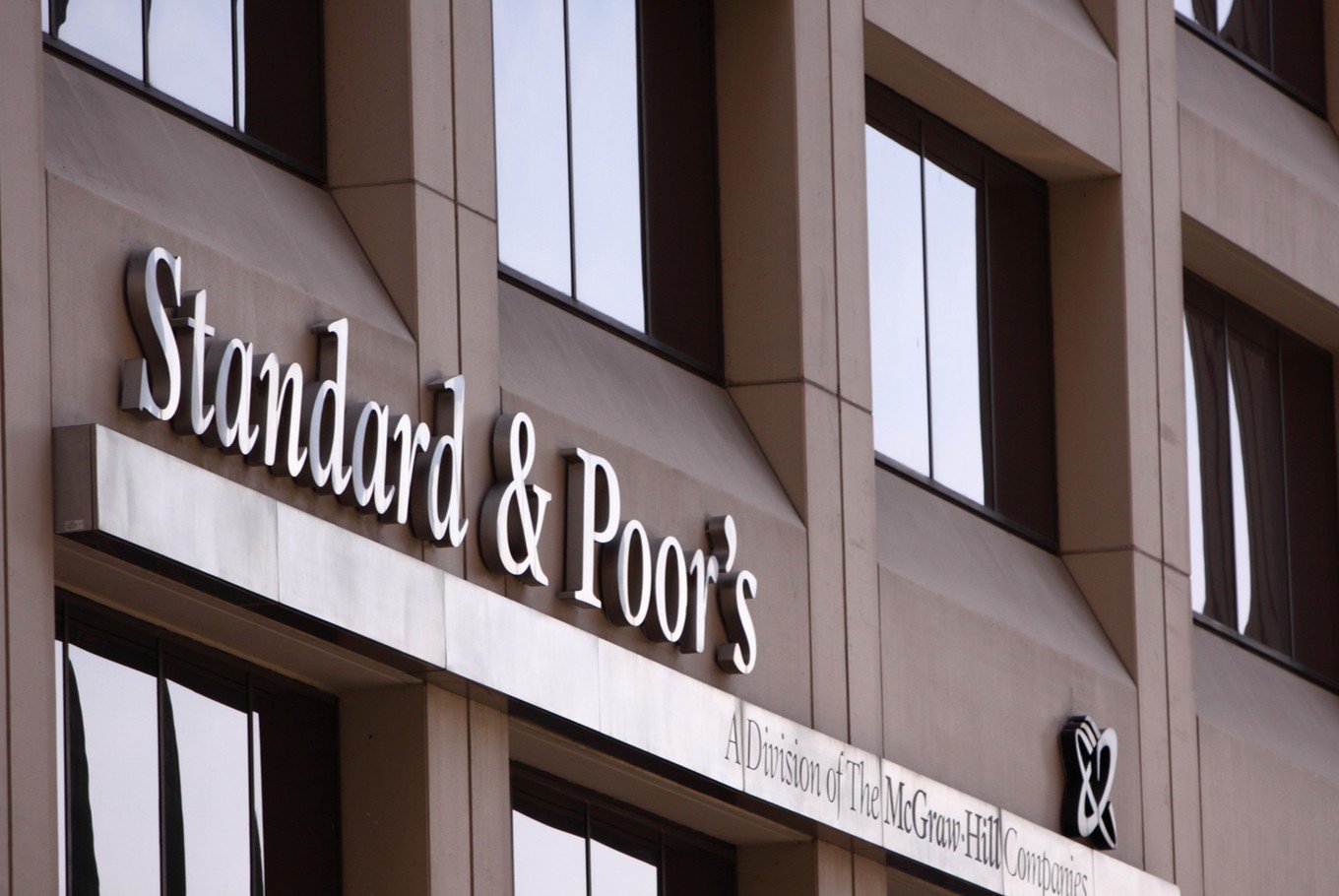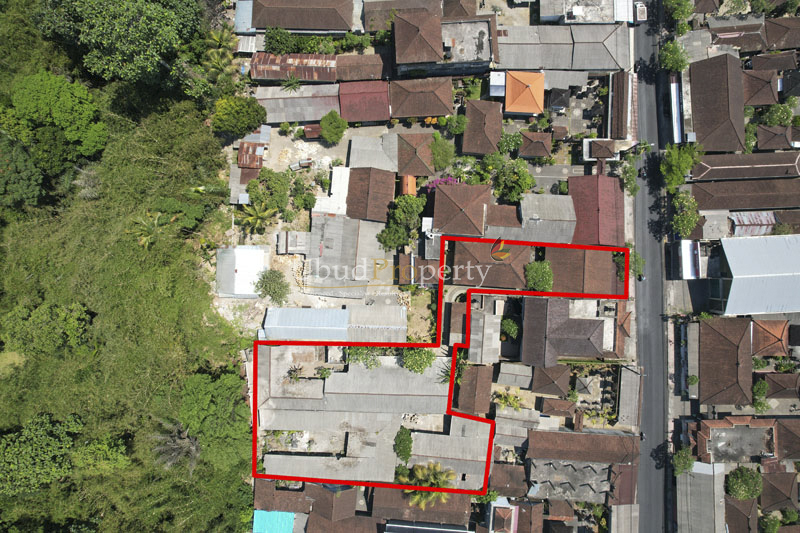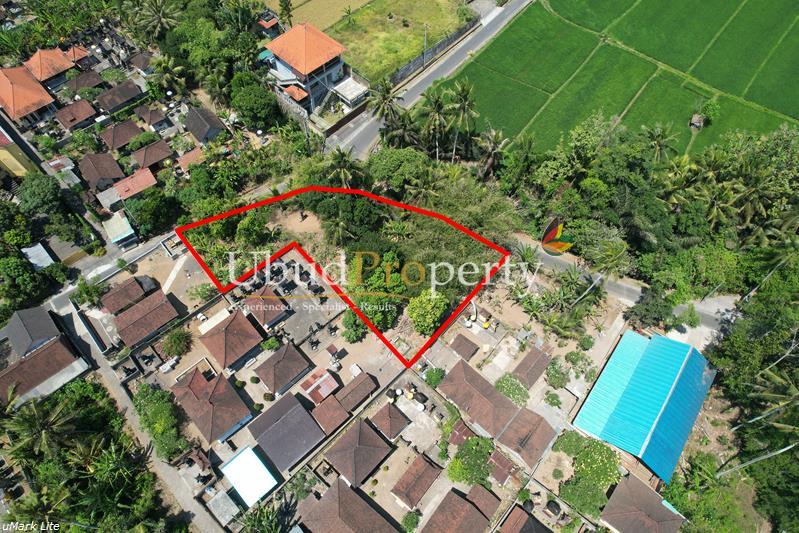What does an investment grade mean for Indonesia?
23 Juni 2017
The announcement of Standard & Poor’s (S&P) to award Indonesia an investment grade rating on May 20 was a relief for many.
The rating upgrade provided positive news for investors for at least two reasons. Firstly, it ended the long speculation for Indonesia’s sovereign rating position. S&P was the last of the three big credit rating agencies to award investment grade rating for Indonesia.
Secondly, the upgrade for Indonesia was made when some large emerging economies experienced either downward outlook revision or a rating downgrade.
After more than 20 years, with the last five years being held at BB+ or one level below investment grade, Indonesia is now back to investment grade rating from S&P. Before assessing any future impact of this rating adjustment, we should look first what are the reasons for this upgrade.
Last year, after S&P conducted its annual assessment to Indonesia, which included a meeting with the president, the market expected a rating upgrade. Nevertheless, S&P kept Indonesia’s BB+ rating. Low GDP per capita compared to peer countries, a perception of an anemic fiscal performance, and high external vulnerabilities were some reasons behind no rating upgrade in 2016 for Indonesia by S&P.
The condition upturned in 2017. Indonesian government’s relentless effort to improve fiscal credibility generated high appraisals from rating agencies. After Fitch decision to upgrade Indonesia rating outlook from stable to positive in December 2016 and in the first quarter of 2017, Indonesia was given positive outlook from Moody’s in February, the Japan Credit Rating Agency (JCR) in March and Rating and Investment Information, Inc. (R&I) in April.
Positive fiscal performance was Indonesia’s strong point on these reports. Similar point was also echoed by S&P in its latest report. It is obvious that Indonesia’s strong public finance was the cornerstone of the rating upgrade.
Credit ratings are opinions about risks. A textbook definition of credit rating is a measurement of creditworthiness of an entity’s financial commitments for a medium to long term. For portfolio investors, especially conservative ones, this creditworthiness is an important factor for their investments decision. This type of investors is favorable and rarely associated with “hot money” because they tend to keep their investment long term. Better quality of portfolio flows will evidently promote stability in capital market.
The potential impacts of a strong credit rating, however, are more than capital market stability. Lower risk perception should help reduce borrowing cost for government, including quasi-government. Since government bonds are often used as a benchmark in the domestic market, a declining yield could prompt rate adjustment in credit market which help spur more investments.
Additionally, although started as, and still is, a system for financial market instruments, credit ratings are also used by real sector investors as proxies of a country stability and economic potentials. An upgrade to investment grade could be read as high market growth potential in the future... readmore http://www.thejakartapost.com/academia/2017/06/20/what-does-an-investment-grade-mean-for-indonesia.html
By. Bhayu Purnomo
Analyst at the Finance Ministry’s Fiscal Policy Agency



